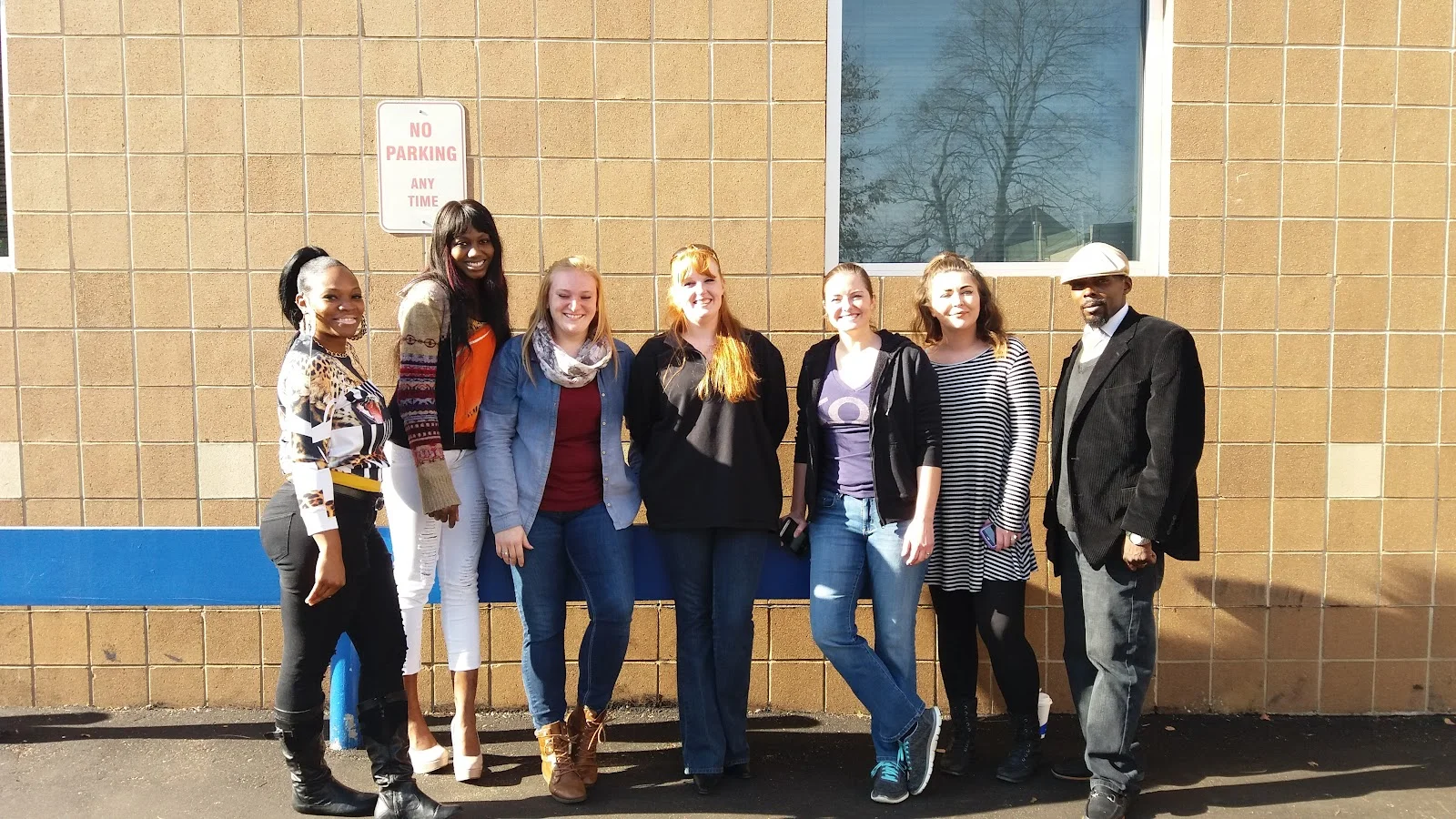KPEP Information
Treatment
Who We Treat
- Young Adults (18–25)
- Older Adults
- Male and Female
- Veterans
- LGBTQ+
Conditions We Treat
- Perinatal Mental Health
- Trauma
- Anger
Languages
- English
Aftercare
- Outpatient Treatment
- Employment Counseling
- Continuing Care
Level of Care
- Outpatient
- Sober Living
Accreditations
-
Commission on Accreditation of Rehabilitation Facilities (CARF)
CARF accreditation is a prestigious recognition for organizations in rehabilitation and human services. It signifies that an organization meets rigorous quality standards and is committed to providing top-notch care. Achieving CARF accreditation involves a thorough evaluation process, including on-site surveys, to ensure excellence in programs and services. This accreditation boosts an organization's credibility, assures clients and funders of quality, and promotes ongoing improvement in the field of rehabilitation and human services.

Additional Locations
KPEP Accepts The Following Insurance Plans
Find the best treatment options. Call our free and confidential helpline today!



